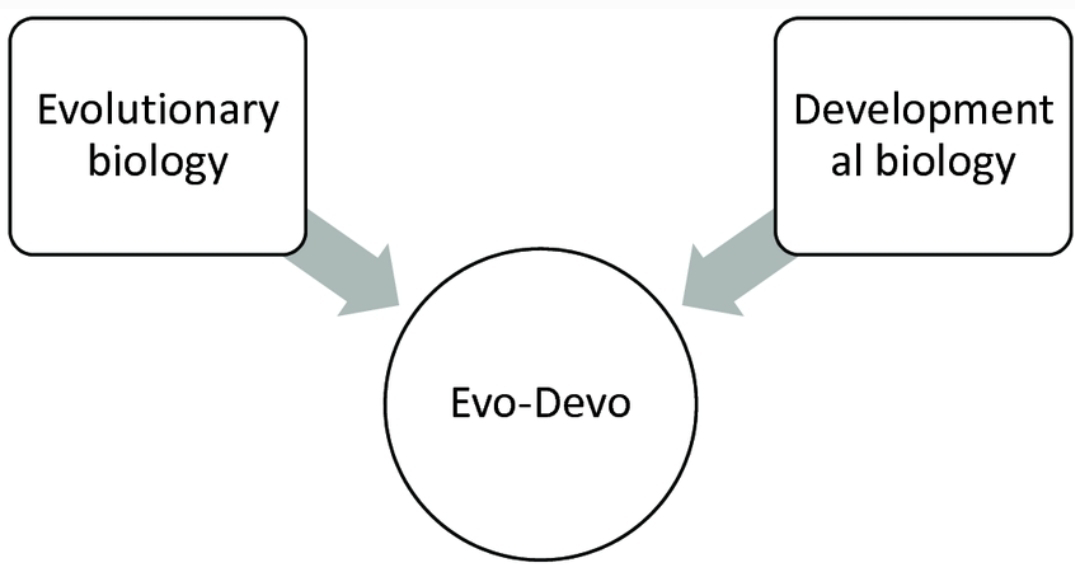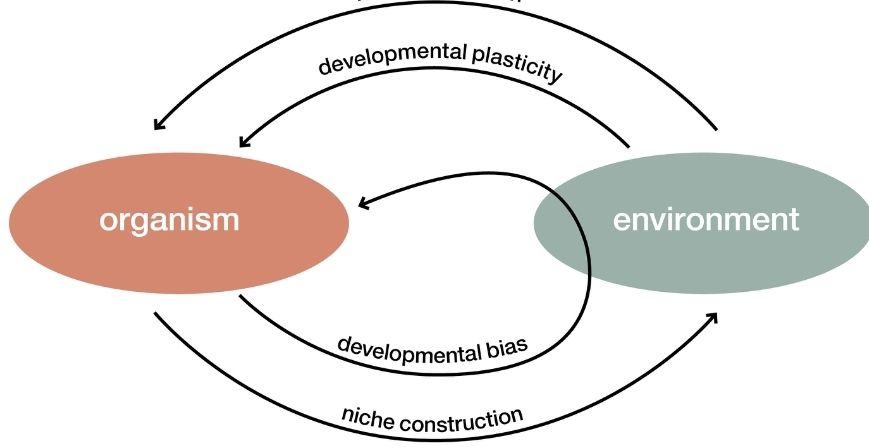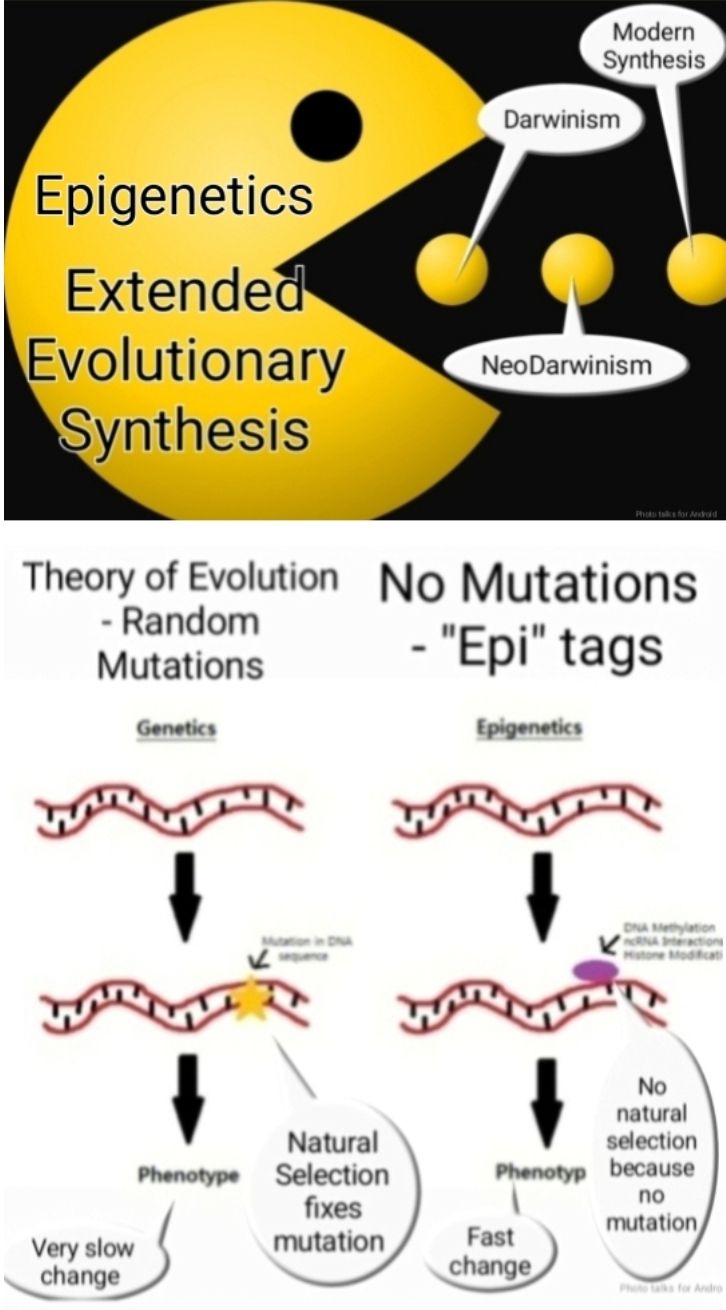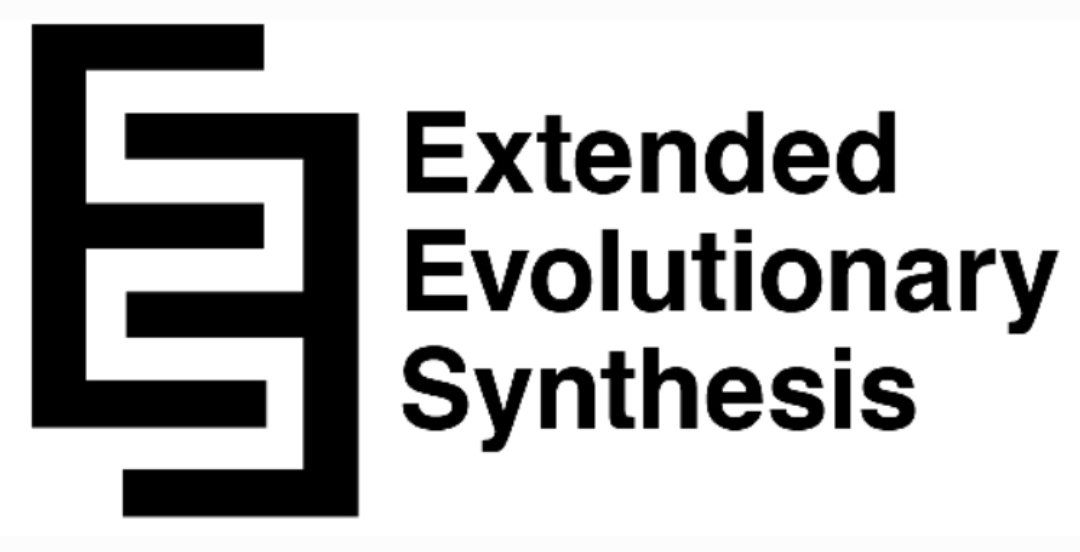Evo-Devo's Contributions to the Extended Evolutionary Synthesis

The Extended Evolutionary Synthesis (EES) is challenging the traditional neo-Darwinian framework of evolution. This expansion incorporates various factors that were are not in the Modern Synthesis, such as developmental plasticity , niche construction , and epigenetic inheritance . Evolutionary developmental biology (evo-devo) has emerged as a critical contributor to this new synthesis, providing crucial insights into the mechanisms and processes that shape evolutionary change. This article delves into the key contributions of evo-devo to the EES, highlighting how it has revolutionized our understanding of evolution. Developmental Plasticity and Evolvability One of the most significant contributions of evo-devo to the EES lies in its emphasis on developmental plasticity. This concept refers to the ability of an organism's developmental trajectory to be influenced by its environment . Evo-devo research has demonstrated that organisms can exhibit remarkable flexibility...





